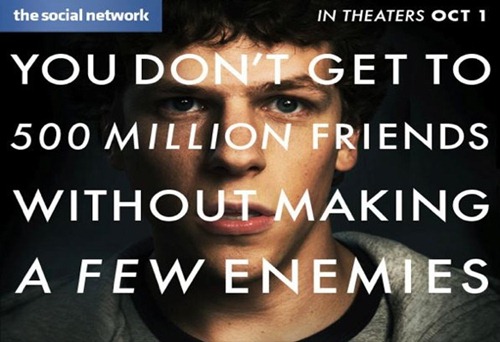Macro
features – Genre and narrative
Genre
Genre is the term given to a selective category of media products
that are classified as being similar in the form or type. There is a diverse
range of genres within the media world relating to films, novels and
non-fiction materials. This allows people to identify what type of media
products they prefer and determine this based on the genre. Genre can help
structure businesses related to the media world such as DVD stores where genre
separates the different films to make it easier for customers to find specific
films as they are based in the section of their genre.
Examples of Genre are;
Action
Drama
Comedy
Romance
Thriller
Family
Adventure
Fantasy
War
Sci-Fi
Sports
Animation
Film-Noir
Horror
Silent
Martial Arts
Crime
Musical
Documentary
Western
Religious
Mystery
All of the above are the main genres in film, however, there are
mixed genre films such as Romantic
comedies and Action adventures and Melodramas. These types of mixed genres
are very common where features and attributes of the film have aspects of both
the two mixed genres and therefore cannot be described as one specific genre.
Examples
of media products in their genre are:
Western

Once upon a time in the west
Horror

The ring
Thriller

Contraband
NARRATIVE
Narrative is how the plot of a media production is revealed to the
audience whereas the actual plot/story is the sequence of events. The narrative
in a selection of media can be manipulated to draw out certain reactions from
its audience and allow them to follow relevant pathways in order to fully
engage in and understand the story. Therefore, the narrative is crucial in the
success of a media product as it determines how the story is portrayed to the audience
which can be very generic or unique.
There are two types of narrative in media products. These are;
- Linear
- Non Linear
Linear
Linear narrative means that events in a particular production are
chronological. Therefore the audience follow the action how it happens in time
order. Linear narrative works with a beginning middle and end with the action
continuously moving forward and progressing rather than the narrative taking
the action to different places of time. Linear narrative is efficient as it may
not cause much confusion for the audience when watching a piece of media as it
allows them to follow the action how it happens without having to identify what
is the past present and future. Common genres where linear narrative is used is
animation, drama and comedy.


Non Linear
Non-linear narrative is opposite to linear narrative where the
action on screen or in the media is non-chronological. This means that the
story can start with events occurring in the middle or end of what would be a
linear narrative and then end with the beginning of the production. This can be
on a small scale such as in one film but also can be used on larger scale for
example in multiple film series where one the films is a prequel to the first
one instead of a sequel. This method of non-linear narrative is effective based
on the fact that it can make the storyline appear complex and challenging as
well as being more thought provoking for the audience which may make them
engage with the media/film to a greater extent, which is very stimulating and
thriller. Common genres where Non-Linear narrative is used are thrillers,
horrors and science fiction

No comments:
Post a Comment